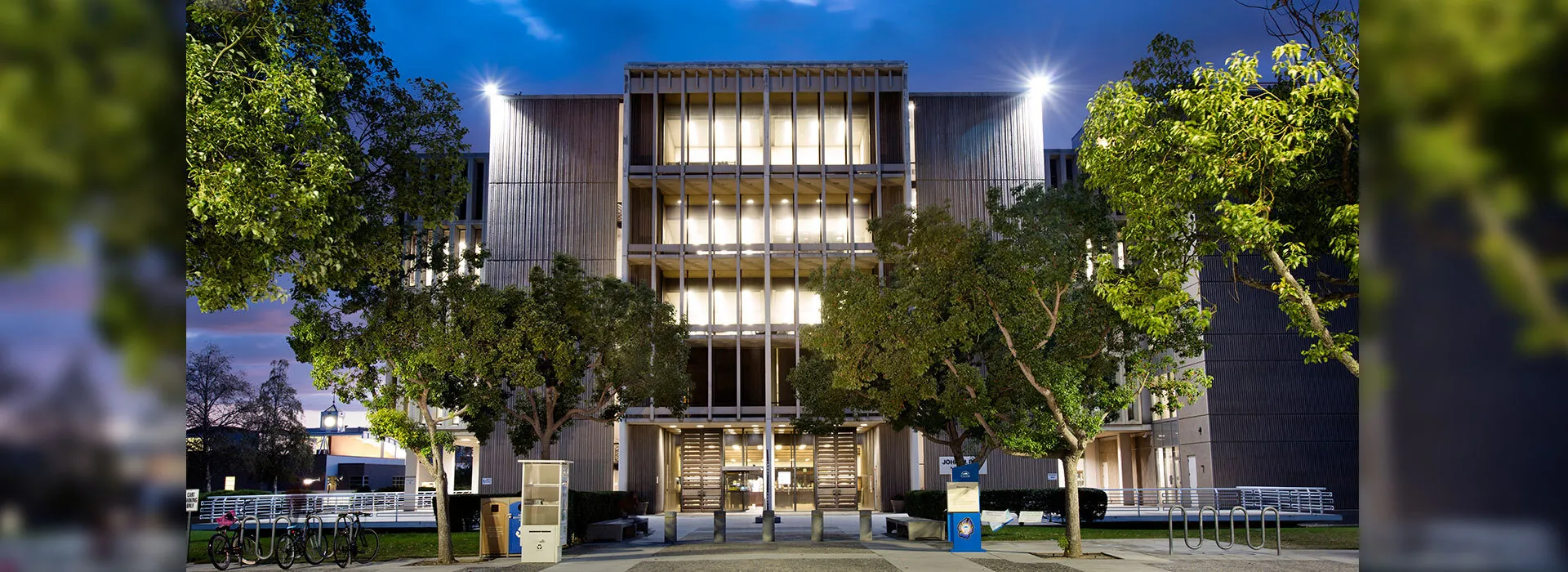
With 2016 marking the 50th year of the start of Communist China’s Cultural Revolution, the intended – and unintended – messages of propaganda posters from that era will be the focus of a Thursday, Feb. 11, dinner and lecture presented by the Cal State San Bernardino Gamma Lambda Chapter of Phi Beta Delta, the honors society of international scholars.
Guest speaker Paul Pickowicz, the Distinguished Professor of History and Chinese Studies at the University of California, San Diego, begins his lecture – “Chinese Cultural Revolution Propaganda Posters: Intended and Unintended Messages”– at 5:30 p.m. at the Obershaw Dining Room in the CSUSB Commons.
Admission, which includes dinner, is free for students; general admission, as well as admission for CSUSB faculty, staff and administration are $25. Reservations are required and must be made by Monday, Feb. 8, to Eduardo Garcia Lima at EgarciaL@csusb.edu.
The Cultural Revolution, formally called the Great Proletarian Cultural Revolution by the Communist Party, was a social-political movement that took place in the People's Republic of China from 1966 until 1976.
Set into motion by Mao Zedong, then chairman of the Communist Party of China, its stated goal was to preserve “true” Communist ideology in the country by purging remnants of capitalist and traditional elements from Chinese society, and to re-impose Maoist thought as the ruling ideology within the Communist Party. Some historians say the movement paralyzed China politically and significantly affected the country economically and socially.
In describing his presentation, Pickowicz said, “During my first visit to China in 1971 – in the middle of the Cultural Revolution – I collected nearly 100 colorful and provocative propaganda posters. They were intended to communicate very specific and very explicit political messages.
“But upon closer inspection it's hard to avoid the conclusion that the imagery also conveyed a wide range of unintended political, social, and cultural messages,” he said.
Pickowicz is a much-published author of books, papers and articles on China and a specialist in the social and cultural history of 20th-century China. Included among his books are “Chinese Village, Socialist State (1992),” winner of the Joseph R. Levenson Prize from the Association for Asian Studies, and “China on Film: A Century of Exploration, Confrontation, and Controversy (2013).”
A member of the faculty at UCSD since 1973, Pickowicz is the inaugural holder of the UCSD Endowed Chair in Modern Chinese History. He has been honored with three distinguished teaching awards: the Alumni Association Distinguished Teaching Award (1998); the Chancellor's Associates Faculty Award for Excellence in Graduate Teaching (2003); and the Academic Senate Distinguished Teaching Award (2009), signifying him as a faculty leader.
In January, he was named the recipient of the 2016 Humboldt Research Award from the Alexander von Humboldt Foundation in Bonn, Germany. The award is given to academics whose fundamental discoveries, new theories or insights have significantly impacted their own discipline and whose work is expected to continue producing cutting-edge achievements.
Pickowicz earned his doctorate from the University of Wisconsin, Madison in 1973; his master of arts from Tufts University in 1968; and his bachelor of science from Springfield College in 1967. All of his degrees are in history.
Set in the foothills of the beautiful San Bernardino Mountains, CSUSB is a preeminent center of intellectual and cultural activity in inland Southern California. Celebrating its 50th anniversary in 2015-2016, CSUSB serves more than 20,000 students each year and graduates about 4,000 students annually.
For more information about Cal State San Bernardino, contact the university’s Office of Strategic Communication at (909) 537-5007 and visit news.csusb.edu.